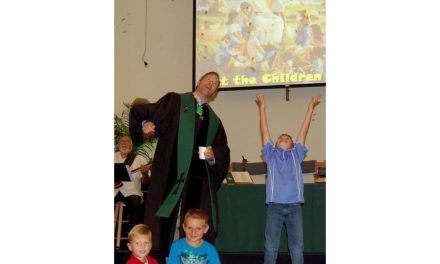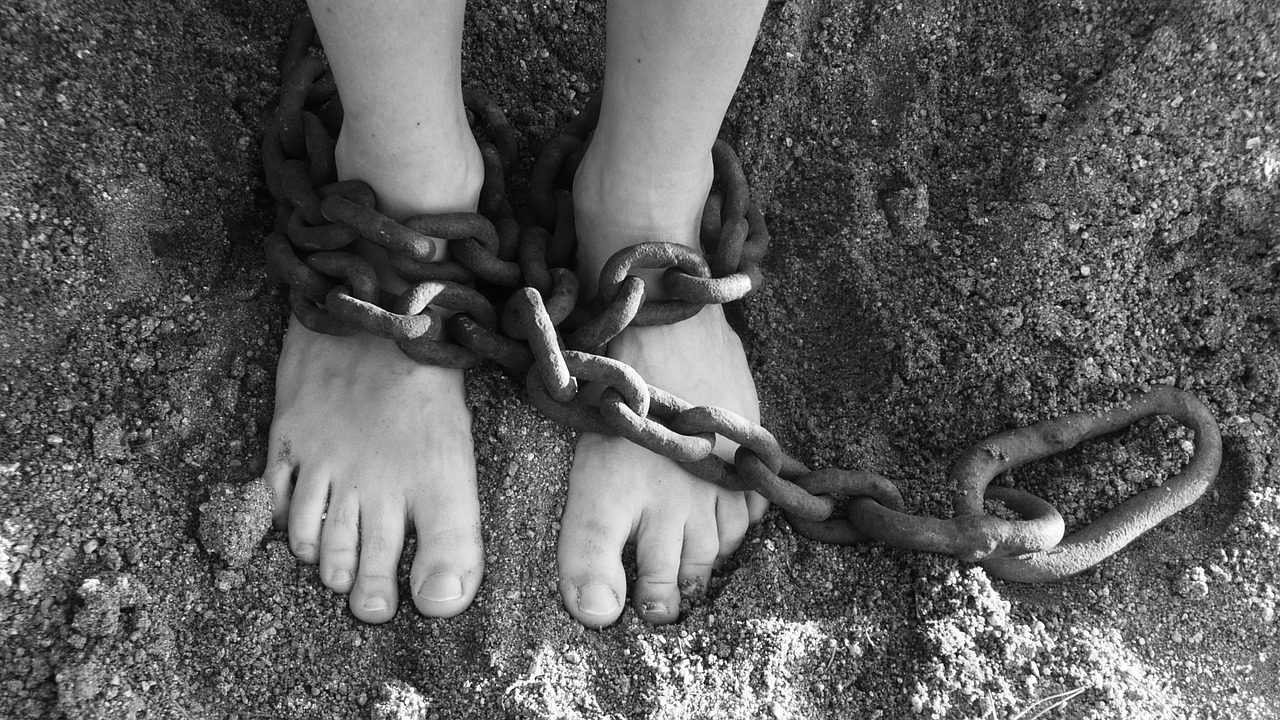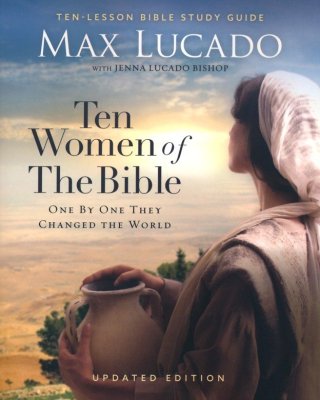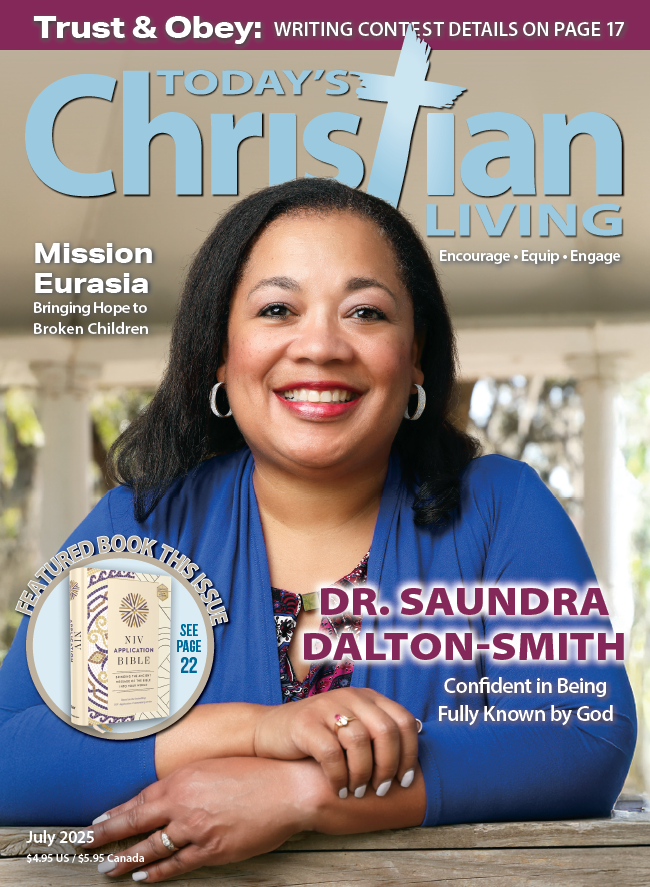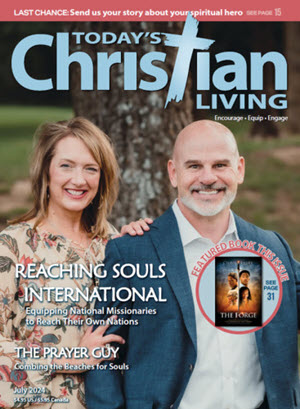Both Sides of the Story
By Alice Daniels
“I’m going to keep that celebration going because I know how it’s going to turn out. Life versus even more life! I can’t lose.” Philippians 1, The Message
When I was a little girl, I would spend a lot of time listening to records by “The Story Lade.” My favorite was a collection of missionary stories. Pulling the vinyl disc from its battered cover, I would play that scratchy record over and over. One account in particular so impressed my mind that to this day, I have never forgotten it.
It was the story of a young couple who went as missionaries to the city of Tsingteh, China. They weren’t there long before one quiet day in their home, Communist soldiers came to the door, arrested them, and dragged them through the streets.
They were marched twelve miles into a neighboring town where they were held temporarily in a post office. The postmaster asked them sadly, “Where are you going?” The young husband answered, “WE do not know where the soldiers are going. We do not know where the other prsoners are going. But we are going to heaven.”
On that day, December 8, 1934, missionaries John and Betty Stam were led out of the city and up a hill and were killed with swords.
Years later when I was in college, incidentally the same college from which John and Betty graduated, I encountered two others’ stories that have stayed with me. The first was musician Rich Mullins. Showered with myriad accolades from the music industry and awarded financial wealth for his talent, Rich turned his back on the material gifts the world offered.
He hired an accountant to handle all of his funds and asked to live on a small salary; the rest he gave to those in need, living himself just above the poverty line. I saw him – a few years before his untimely death in a car accident – sitting barefoot in a bookstore, wearing holey jeans, playing the guitar and singing praise songs with all his heart.
The other story was of a man named Bruce Olson who came on evening to speak to us students. He was a gifted linguist from Minnesota, the son of an investment banker and a socialite, who had one day dreamed of becoming a linguistics professor. Instead, he became a missionary, along, to a violent, Stone-Age tribe of Indians in Colombia.
Bruce’s experience was filled with trial and suffering. Discouragement, disease, loneliness, loss of both his best firend and fiancee to violence, and captivity at the hands of terrorists all marked his life of service.
A final story is one I read within the last few months, written by the son of a missionary couple in Africa. As was the custom, his parents sent him at an early age to missionary boarding school.
While the boy was at school, he was brutalized by the very adults who were supposed to care for him. He was sexually molested, humiliated, terrorized. At one point, he estimated he was beaten by his house parents an average of 17 times a week. His childhood was stripped away, and he was left as an adult with wounds inside that he could not speak of for many years, even to his wife.
Reading over these sad narratives, I am tempted to wonder if God sometimes asks too much of us. Does he require a loss of dreams, of finances, of innocence, of our very lives? Does all this suffering have any meaning? Of what purpose can this tragic waste of life be?
But that is looking at only half the story. After john and Betty Stam dies and news of their martyrdom was told back in the United States, not only did many non-believers hear the Gospel, but also hundreds and hundreds of students stood up and dedicated their lives to missionary service.
After Rich Mullins died, a legacy foundation was set up in his name to develop art, music, and drama camps for Native American children. Many of his songs still are sung frequently by church congregations. His gospel-centered life and desire to be “an arrow pointing to heave,” continue to inspire Christians today.
In the Colombian jungle, more than 2,500 students are getting bilingual education in 18 languages. Bruce Olson has built facilities and trained people to work in 18 health center, 42 billingual schools, 22 agricultural centers, and 11 trading posts. He continues to live and work there today.
And the little boy abused at boarding school? He is Dr. Wess Stafford, president and CEO of Compassion International, an organization that gives aid and spreads the love of Jesus to over one million children in 26 countries. Wess knows what suffering feels like and can identify with the children in his care.
From these who have sacrificed much, I have learned much. It is not about what is in my grasp; it is about what God does with whatever I surrender to Him. From the brokenness, He creates beauty. As John Stam’s father wrote about John and Betty, “They loved Him, they served Him, and now they are with Him. What could be more glorious?… The sacrifice may seem great now, but no sacrifice is too great to make for Him who gave Himself for us.”
Or as Rich Mullins put it succinctly, “Be God’s.” Then leave the results with Him!!


